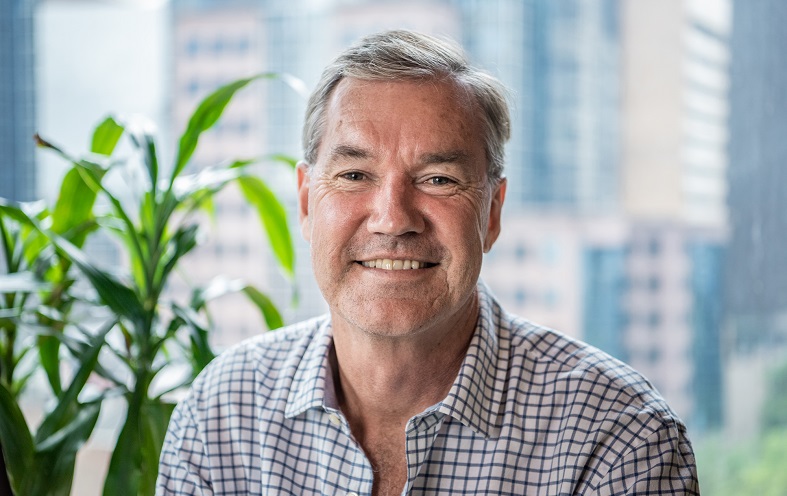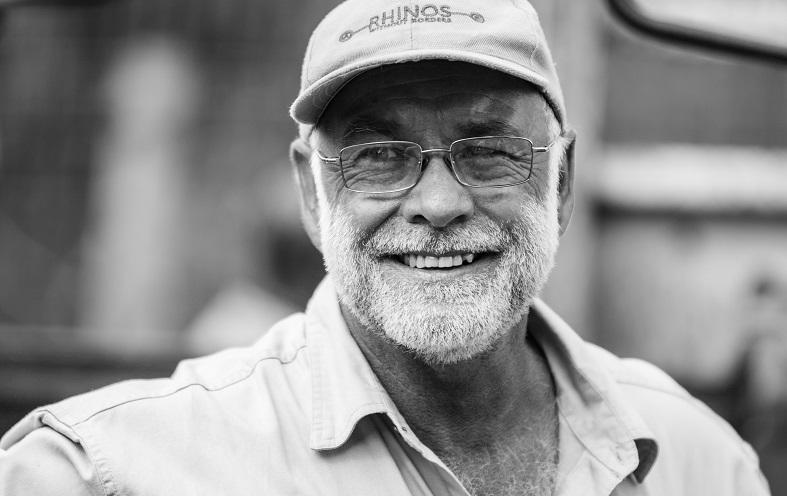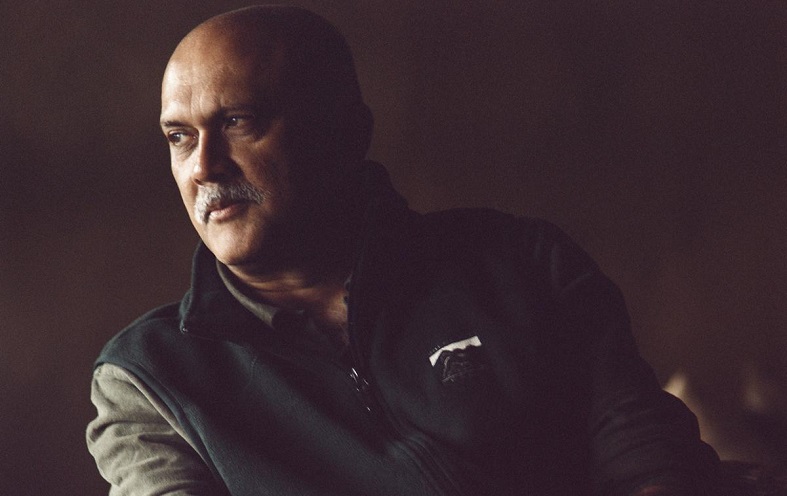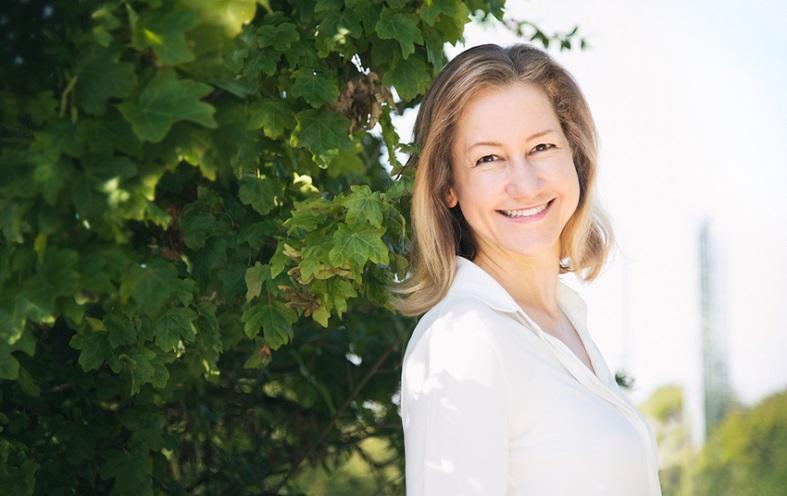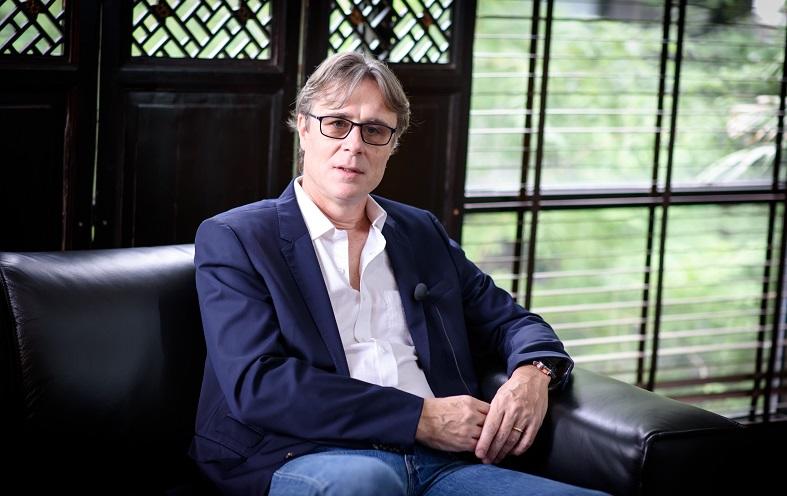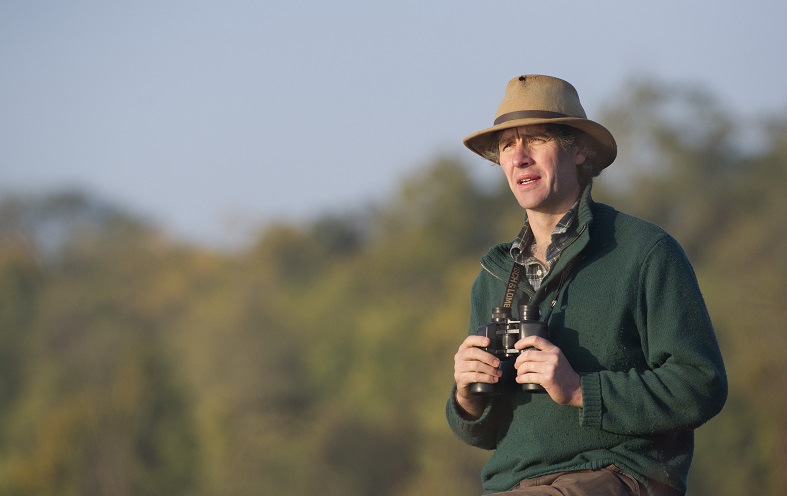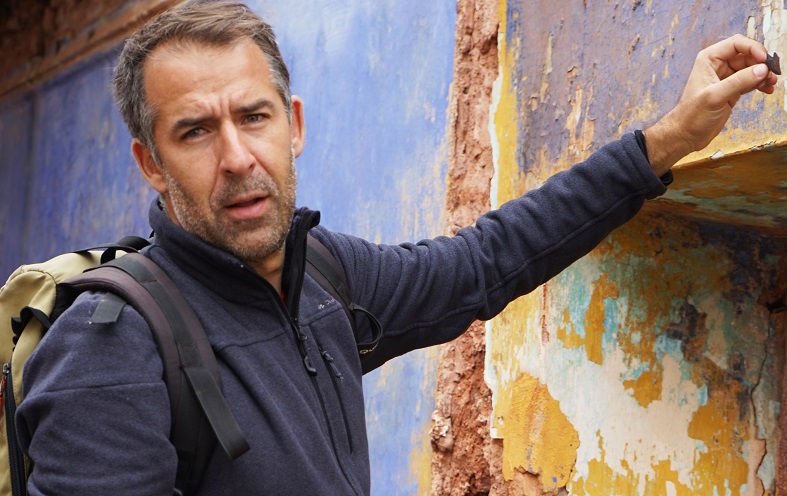Janine Duffy, co-founder and marketing director of Echidna Walkabout Wildlife Tours in Australia, in this interview tells us how the Melbourne-based company’s recent responsible tourism award has changed her life and business, lessons she has learned, and why social businesses are the future.
Learn about:
- How winning Gold at the World Responsible Travel Awards for Best of Wildlife Conservation has influenced and benefited Echidna Walkabout Wildlife Tours;
- How Janine’s personal life and the company have changed since winning the award;
- How her view on tourism sustainability has changed over the years;
- The main challenges for small tour operators like Echidna Walkabout;
- How she measures sustainability performance.
- Advice to newcomers to ecotourism.
Janine, last November Echidna Walkabout won the World Responsible Travel Award for Best of Wildlife Conservation. How did it feel to receive such high recognition from the professional community?
Amazing. Incredible. Dream come true. Being at WTM and the Awards, hearing the views and ideas of operators and academics from across the globe gave me a feeling of camaraderie that I’ve never felt before.
There are people talking about the future in a way that excites me! Some topics and ideas were totally new to me, and thought-provoking. I had always felt alone in my views of how tourism can help wildlife. Now I know that’s not true. I feel that nothing can stop us now.
(How) has your life and business changed since?
We feel like an overnight success! EVERYTHING has changed. It took 23 years, but it’s worth the wait to have this level of recognition internationally.
Credibility
Winning the Best for Wildlife Conservation Award gave our credibility a boost! Back here in Australia, other operators congratulate us all the time and comment on how prestigious that award is. Government and Not-for-Profit organisations are, we believe, more inclined to engage with us now that we are recognised internationally.
Publicity
In terms of publicity, we have been mentioned in 53+ media reports about the awards, all over the world, and that’s just what I have found! I’m sure there’s more out there. We’ve also seen a 17% increase in sales in the first three months of 2015, never been busier.
Recognition
Since winning the Responsible Travel Award, we’ve been invited to join the board of the International Centre for Responsible Tourism – Australia. The International Ecotourism Society are now posting our articles on their website and blog.
We started a Facebook page for our koala hero – Koala Clancy – and he already has nearly 1,000 fans. Koala community groups all over Australia are using our non-intrusive Koala Nose Pattern identification technique, which is increasing connection between locals and their wildlife, which is one of our ultimate aims.
I’m being invited to present on wildlife to cruise ships, schools and community groups. In fact, on a recent lecture tour, in one presentation I made $3,500 in donations – all for koalas. I am so excited about the future – after all, the growth of the good is what the world needs!
How has your view on the importance of sustainability in travel and tourism changed over the years?
When I started my professional career, I knew it was important, but it was cerebral, a theory. You don’t destroy your asset – and in tourism, the natural world is our biggest asset. It wasn’t real then though, it didn’t threaten my life.
Now in 2015, I have experienced the damaging effects of bush fire, drought, floods and I know they will become more frequent and more devastating. Climate change threatens my life and my livelihood.
Sustainability is not an option. It is an immediate necessity. Climate change is here. It will be a fight to manage the damage and keep ourselves and our natural world alive.
Where do you see the priorities in terms of sustainability?
Climate change mitigation. This issue overrides every single other issue many times over. That means cutting fossil fuel use, reducing consumption at every level, and improving every natural habitat now to offset the coming damage.
In what ways is a social enterprise different from a “normal” one?
Social Enterprises are leaders in thought and action. They don’t wait for their approach/business model to be mainstream – they do what they believe in, BEFORE it has become socially acceptable. Social enterprises make change. I love that. That’s what this world needs.
Social Enterprises – especially the ‘for profit’ companies – are the future of commercial business. They don’t rely on donations or grants from the public purse – they make the funding through trade. They compete with other companies that are less socially & environmentally aware, and to succeed they have to beat those old-fashioned profit-focussed businesses. So they are better in every way.
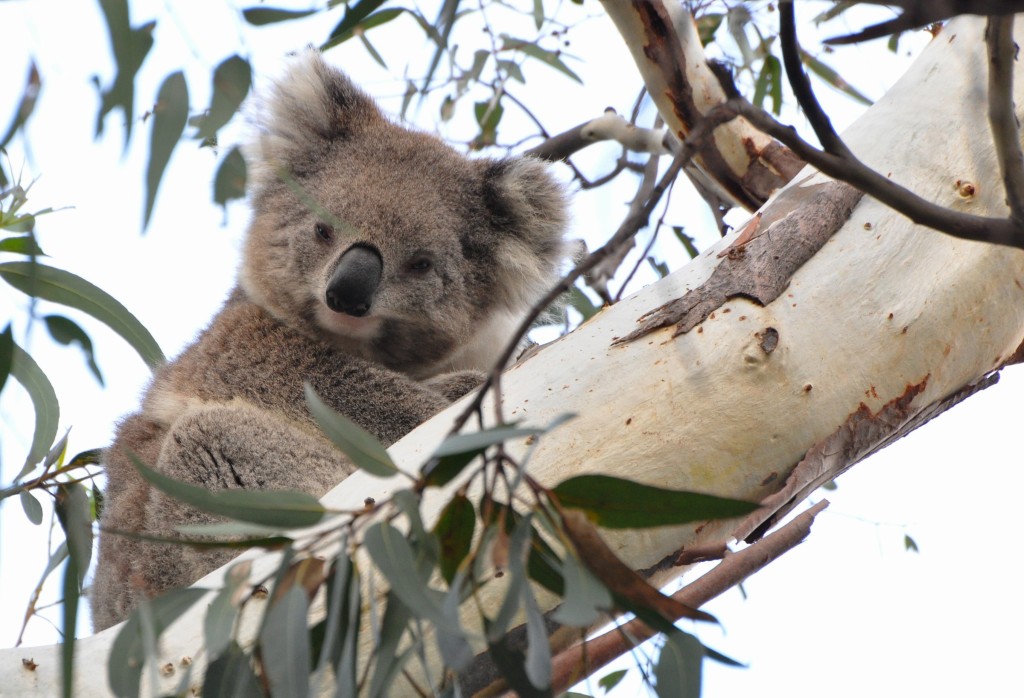
Which are the main challenges for a small ecotourism operator like Echidna Walkabout?
We’re not that small anymore. With 15 staff, we are one of the big ecotourism operators in this field! But I know what you mean, having been a micro-business for so long. The main challenges for micro-businesses are cash flow, small marketing budgets, lack of time to invest in the business.
Starting an ecotourism business in Australia is incredibly hard. Years of no income – really, no income. Everything is invested back. But if they succeed they are incredibly good and should be supported.
We are lucky as Australians – we are innovative by nature. Even though it’s tough and the market is tiny, Australia has some of the best ecotourism operators in the world.
As a tour operator, which are the benefits of focusing on responsible tourism?
People! Human resources are every company’s biggest asset, and due to our commitment to responsible tourism, our team are the best! They are dedicated, enthusiastic, passionate nature-lovers who stay with us long-term, invest their time over and above what is expected, all for the good of the natural world.
How can responsible tourism help protect endangered koalas?
One example – with our Make a Home for Koala Clancy project we get tourists to pull out weeds to improve koala habitat. At this stage, we have seen a 370% increase in koala sightings since commencing this program 2 years ago.
We predict that as climate change makes life harder for koalas in the You Yangs national park, the improved environment we’ve created may balance the negative effects for a while. We’re hoping anyway.
How do you measure the sustainability of your tour operations?
That’s a tough one. We just do everything we can. That’s one of the challenges of small social enterprise business. We are juggling publicity with doing charitable work. Measurement tools must be easy, quick, cheap and widely recognized to make themselves attractive to small business.
This interview is a perfect example: Answering your questions is a way of publicizing the good work we do to a big audience and to raise awareness. But it means that I’ve had to put off organizing my unpaid presentation to the 14-year-old kids at the school near the koala habitat.
Sometimes those things are hard to balance, especially since both awareness-raising and educating local communities and young generations will have an impact on the future of koalas. It’s hard to choose.
Your advice to newcomers to the ecotourism business field?
Keep your costs down, and your impact up. Don’t pay for advertising. Work with travel agents – you pay them commission, but only when you get a booking.
Thank you, Janine.
Learn more about Echidna Walkabout here or connect with Janine Duffy on LinkedIn.
Enjoyed our interview with Janine Duffy of Echidna Walkabout Wildlife Tours in Melbourne, Australia? Share and spread the word!


